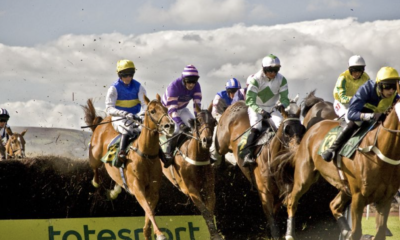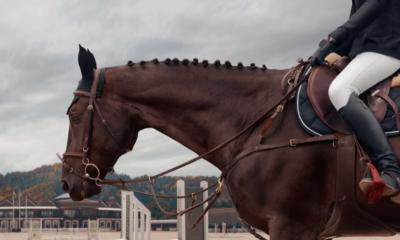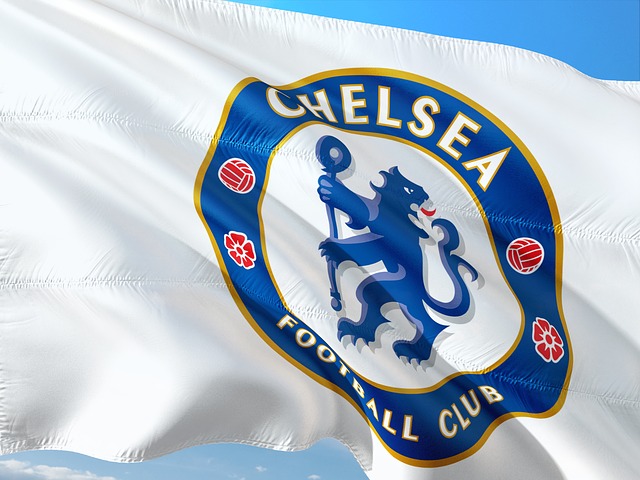Horse Racing
What is Treble Horse Racing and how popular is it?

Racebooks offer many different bet types on horse races. Gaining a thorough understanding of how each one works is crucial if you want to profit from your betting action. Some bet types are more advanced than others, especially those that consist of multiple selections all of which must win to gain a return.
One such wager in horse race betting is the treble where punters must back three different horses with a selection. Treble bets carry a greater level of risk but are worthwhile since they have the potential to bring in significantly larger profits. Willing to learn more about treble bets in horse racing? If so, continue reading as we explain everything you need to know about them.
What Are Treble Bets in Horse Racing?
Treble wagers require bettors to pick the winning horses in three individual events, normally the last three races listed on the racecard. Simply put, this is a type of parlay wager that combines three single bets, known as selections or legs, to create one multiple bet. Trebles yield profits when all three selections are successful. If one of the selections fails, the punter loses the entire treble bet.
Punters also have the option to make each-way trebles that consist of two parts, a place treble and a win treble. Because of this, each-way trebles require you to stake twice as much money. For instance, if you invest $20 on an each-way treble, $10 of this amount will go toward the win part and the other $10 will cover the place part.
An each-way treble can have one of several outcomes. If all three horses emerge winners, the punter will collect profits both from the win and the place part of the bet. It is also possible to lose the win part of the wager but succeed with the place part if it comes through. And finally, if all three horses fail to place, the punter will lose both the win and the place part of the each-way treble.
Figuring Out the Odds of Treble Bets
The main reason why treble bets are so popular among horse racing fans is that their odds combine to yield enhanced profits. If the first selection is a winner, the profits are moved to the second selection and included in the stake. If the second selection is also successful, the winnings are then rolled over to the third selection. The odds increase with each winning selection, allowing the punter to pocket healthier returns.
Here is a more concrete example of how this works. Let’s assume we back three horses to win in separate races at odds of 5/1, 4/1, and 3/1. We can work out the odds by adding the denominator to the numerator of each fraction, multiplying the fractions together, and then subtracting one to account for your stake. It follows that (5/1 x 4/1 x 3/1) -1 will turn into (6 x 5 x 4) – 1 = 120 – 1 = 119/1.
Provided that all three predictions are correct, your treble bet wins and your net returns from a $10 stake will be equal to [10 x (5/1 x 4/1 x 3/1)] – 10 = (10 x 120/1) – 10 = 1,200 – 10 = 1,190. So not counting your original stake, a winning treble bet at these odds can potentially bring you net profits of $1,190. On a side note, if the denominators of the fractions are not equal to 1 as in the above example, you must still add them to the numerators when multiplying the odds together. For instance, odds of 7/4 will become 11/4, odds of 5/2 will become 7/2, and so on.
So Why Are Horse Racing Trebles Popular?
Perhaps you can already see why treble wager is so popular type of bets in the horse racing market. The biggest advantage of this bet type is that it has the potential to bring in enhanced profits as the returns from each winning leg roll over to the next selection of the treble. Trebles typically offer better odds compared to single wagers, giving punters the opportunity to generate profits in multiples.
With trebles, bettors can also profit from low-value favorites that would have not yielded very substantial returns when backed individually. But there is also a downside. In horse racing, many factors can influence the outcome of a race and punters rarely come across horses that classify as clear favorites.
Because of this, the treble odds multiplied over three races are usually very high, which means your probability of winning the bet is low. Novice punters should avoid trebles as predicting the outcomes of three successive horse races can be a mean feat.
-

 News1 month ago
News1 month agoThe Best Male Tennis Players of All Time
-

 Uncategorised1 month ago
Uncategorised1 month agoWhat Dinosaur Has 500 Teeth?
-

 News1 month ago
News1 month agoThe Fastest Rugby Players Ever
-

 Football1 month ago
Football1 month agoThe Best Penalty Takers of All Time
-

 Football1 month ago
Football1 month ago10 of the most underrated footballers in the world right now
-

 Football1 month ago
Football1 month agoPlayers with the most goals in a Premier League season
-

 Football1 month ago
Football1 month agoWho is the Fastest Football Player in the World?
-

 Football1 month ago
Football1 month agoChelsea’s Possible Lineup For Next Season





















